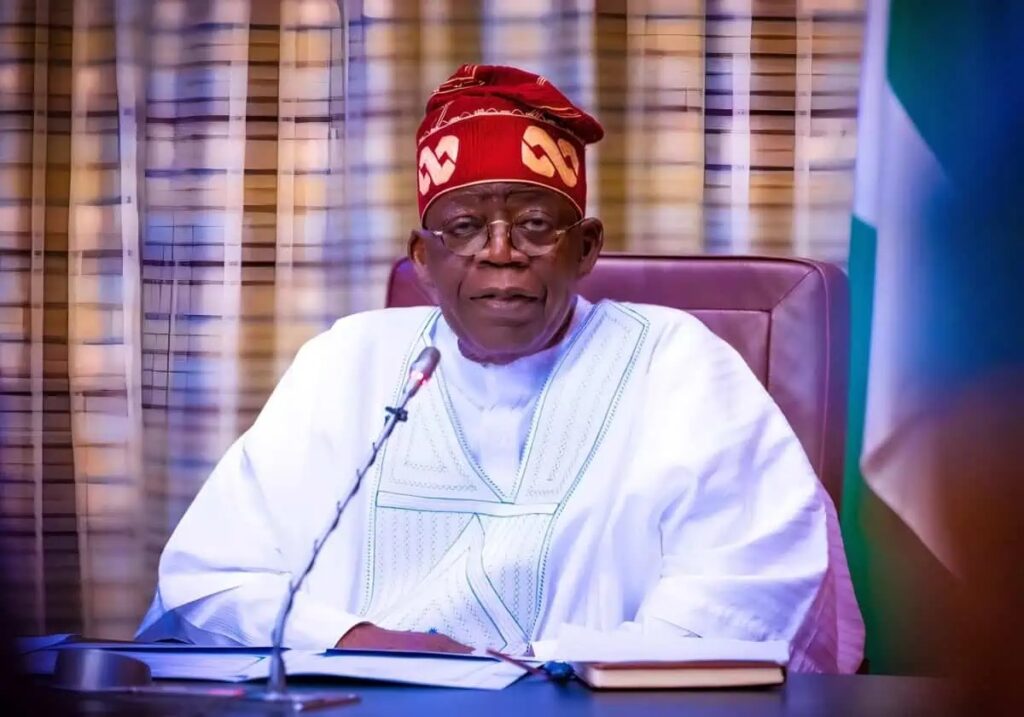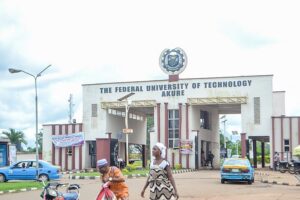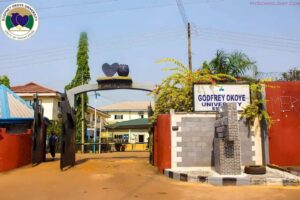Nigeria Lowers Minimum Age for University Admission to 16

Government Reverses Age Policy, Focuses on Education Reform and Vocational Training
In a move to reform the country’s education system, the Nigerian Federal Government has reinstated the minimum age for university admission to 16 years. This announcement was made by the Minister of Education, Dr. Tunji Alausa, during his first briefing in Abuja.
The new policy, which reverts to the previous age limit, aims to align the country’s education system with global standards, while also offering more opportunities for young, talented students ready for higher learning.
Why the Change?
The 16-year age requirement replaces the previously enforced 18-year limit, which was based on certain interpretations of Nigeria’s National Policy on Education. Dr. Alausa clarified that the new policy is intended to provide more flexibility, especially for gifted students who may be academically ready to attend university at an earlier age.
“We will also consider exceptional cases where students demonstrate advanced academic readiness,” he added.
Focus on Quality Education
The Minister emphasized that his administration will concentrate on improving the quality of education at all levels. He outlined key priorities, including promoting fairness in access to education, improving human capital development, and ensuring that more women and girls are empowered through education.
Dr. Alausa also praised his predecessors for their contributions to the education sector but promised to strengthen existing policies through concrete actions moving forward.
Vocational Training at the Forefront
One of the major shifts in Nigeria’s educational strategy is the increased focus on technical and vocational training. The government is planning to introduce a new curriculum in federal institutions that will prioritize hands-on, practical skills. According to the Minister, 80% of the training will be practical, while 20% will focus on theoretical knowledge.
This shift aims to better prepare students for the job market, with a focus on sectors such as mechanized farming, renewable energy, and compressed natural gas. Collaborations with the private sector are also underway to help combat food insecurity and create job opportunities for young Nigerians.
Fighting Fake Qualifications
Dr. Alausa also reiterated the government’s firm stance against recognizing certificates from certain institutions in Benin Republic and Togo, as part of efforts to combat fraudulent academic qualifications in Nigeria. This policy is intended to safeguard the integrity of Nigeria’s educational system and prevent the spread of fake diplomas.
Addressing Out-of-School Children
The education minister also outlined plans to address the growing issue of out-of-school children in Nigeria. He revealed that the Ministry of Education would collaborate with the Ministry of Humanitarian Affairs to provide conditional cash transfers to encourage more families to enroll their children in school. Additionally, nutritional support programs will be introduced to improve student health and academic performance.
Teamwork and Progress
Dr. Suwaiba Said Ahmad, the Minister of State for Education, expressed her support for the new policies, emphasizing the importance of collaboration and teamwork within the education sector. She also highlighted the improvements made in workplace culture and productivity in the ministry, reaffirming her commitment to building an education system that prioritizes integrity and student rights.
A Commitment to Inclusivity and Future Growth
In closing, Dr. Nazir Sani-Gwazo, the Permanent Secretary of the Ministry of Education, expressed his commitment to supporting the government’s education goals. The ministry aims to implement these reforms in line with President Bola Tinubu’s vision for a more inclusive, practical, and forward-thinking education system.
As the Nigerian government takes these bold steps, it remains focused on creating a brighter future for young Nigerians, with a strong emphasis on skills that will drive the country’s economy forward.
What This Means for Students
For students planning to attend university in the coming years, the policy change offers greater flexibility. Talented students who are ready for higher learning can now apply for university admission at the age of 16, a step that could help them pursue their academic dreams earlier.
With a stronger focus on practical skills, vocational training, and better educational quality, Nigerian students can look forward to a more robust and globally competitive education system.
You may also like to read: AKSU Admission List 2024/2025 is Out




